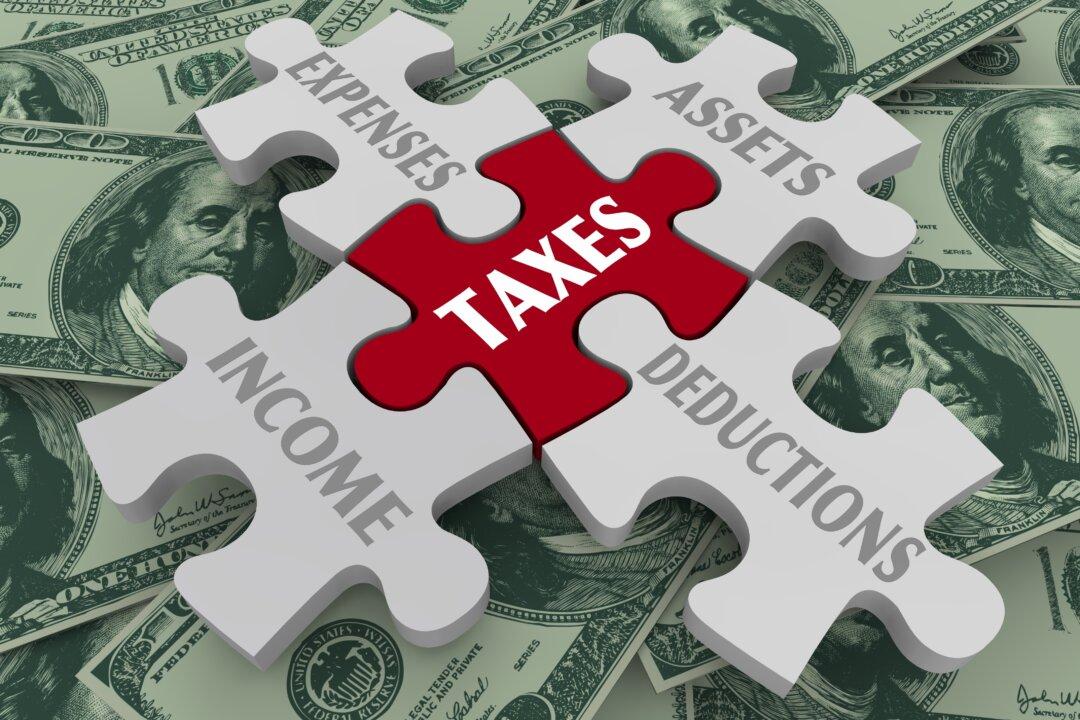This series of six articles is intended to help you navigate and put into practice basic financial information that will help you make sound decisions providing a higher assurance of financial security. My hope is that you have been able to read, follow, and implement for yourself and your family each of the six articles, and that you are already putting these practices to work and enjoying financial improvement and progress. With patience, diligence, and unwavering commitment, you can avoid the pitfalls that many Americans suffer, the financial problems that can cause anxiety and even break up marriages.
- RESIST:






